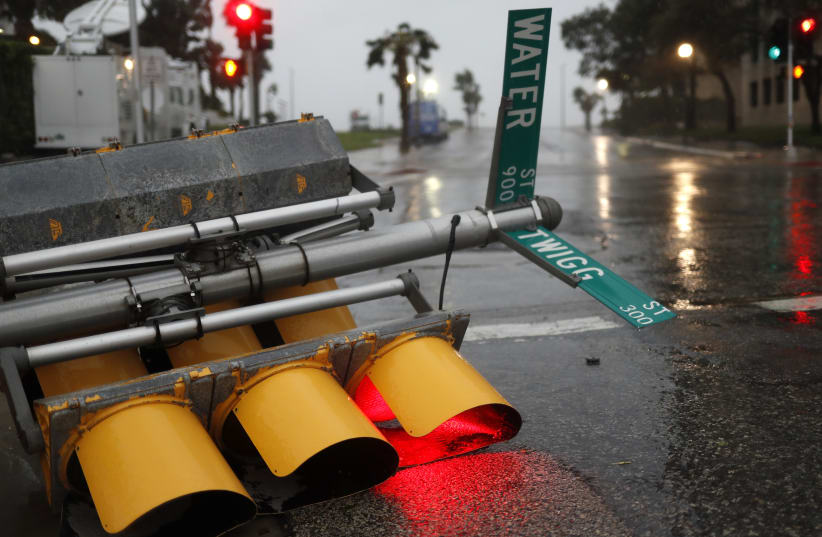Hurricane Harvey has brought an unprecedented levels of rainfall to Texas, threatening the lives of thousands or even tens of thousands. Scientists suggest climate change may have a role to play in this deadly storm.
According to the department of atmospheric science professor at Pennsylvania State University, Michael E. Mann, the first global warming mechanism that may have made the impact of Hurricane Harvey so severe is the rapid rising sea levels in the Houston region, making the area more likely to flood.
The second factor is the rising temperatures in the region which translates to more moisture in the atmosphere, bringing more rain to the region.
Human-caused warming penetrating the ocean past the surface has resulted in a deep layer of warm water feeding hurricane Harvey when it intensified near the coast.
Furthermore, global warming may have contributed to expanded subtropical high pressure systems which trapped hurricane Harvey in the middle, stalling it near the Texas coast.
"In conclusion, while we cannot say climate change "caused" Hurricane Harvey (that is an ill-posed question), we can say is that it exacerbated several characteristics of the storm in a way that greatly increased the risk of damage and loss of life. Climate change worsened the impact of Hurricane Harvey," Professor Mann explained in a Facebook post.
Climate experts said the rain would continue for another two or three days. Southeast Texas could see an additional 15 to 25 inches of rain while some areas could see as much as 50 inches of rain, the New York Times reported.
